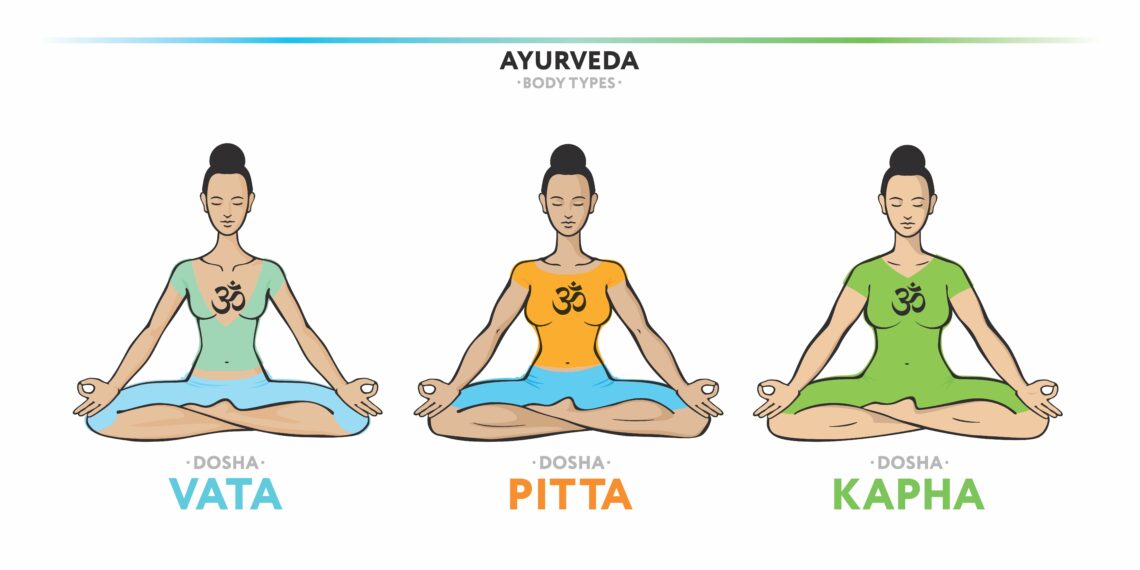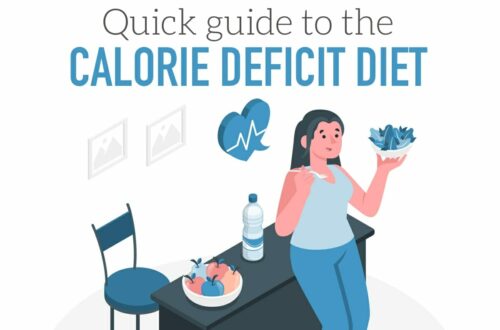Understanding Ayurveda Doshas
Vata Dosha
Vata is the dosha associated with the elements of air and ether (space). It governs movement, communication, creativity, and flexibility in the body and mind. Individuals with a predominant Vata constitution tend to be energetic, imaginative, and quick-thinking but may also experience tendencies toward anxiety, irregular digestion, and dryness.
Pitta Dosha
Pitta is the dosha associated with the elements of fire and water. It governs metabolism, digestion, transformation, and assertiveness in the body and mind. Individuals with a predominant Pitta constitution tend to be driven, focused, and ambitious but may also experience tendencies toward irritability, inflammation, and excess heat.
Kapha Dosha
Kapha is the dosha associated with the elements of water and earth. It governs structure, stability, cohesion, and nurturing qualities in the body and mind. Individuals with a predominant Kapha constitution tend to be grounded, calm, and compassionate but may also experience tendencies toward lethargy, congestion, and weight gain.
Characteristics of Each Dosha
Vata Characteristics
Light, dry, and cold
Irregular appetite and digestion
Creative, adaptable, and enthusiastic
Prone to anxiety, restlessness, and insomnia
Thin build, dry skin, and brittle nails
Pitta Characteristics
Sharp, hot, and intense
Strong appetite and digestion
Ambitious, confident, and organized
Prone to irritability, aggression, and heartburn
Medium build, warm skin, and strong digestion
Kapha Characteristics
Heavy, moist, and cool
Slow appetite and digestion
Patient, nurturing, and supportive
Prone to lethargy, attachment, and congestion
Solid build, oily skin, and strong immunity
Balancing Ayurveda Doshas
Tips for Balancing Vata Dosha
Establish a regular daily routine with consistent meal times and bedtime.
Stay warm and hydrated, especially during colder months.
Practice grounding activities such as yoga, meditation, and walking in nature.
Include warm, nourishing foods and spices in your diet, such as soups, stews, and ginger.
Prioritize relaxation and self-care practices to calm the nervous system and reduce anxiety.
Tips for Balancing Pitta Dosha
Avoid excessive heat and intensity in activities and environments.
Opt for cooling and calming foods and beverages, such as cucumbers, coconut water, and mint.
Practice mindfulness and stress-reduction techniques to manage anger and frustration.
Engage in moderate exercise, such as swimming, cycling, or hiking, to release excess heat.
Cultivate a sense of compassion and empathy toward yourself and others.
Tips for Balancing Kapha Dosha
Stay active and engage in regular exercise to stimulate circulation and metabolism.
Include light, warming foods and spices in your diet, such as steamed vegetables, quinoa, and cinnamon.
Create variety and stimulation in daily routines to avoid stagnation and complacency.
Practice invigorating activities such as dancing, martial arts, or vigorous yoga.
Cultivate a sense of purpose and motivation to overcome inertia and lethargy.
Imbalances and Symptoms
Vata Imbalance
Excessive worry, fear, or anxiety
Irregular digestion, bloating, or constipation
Dry skin, cracked lips, or brittle hair
Insomnia, restlessness, or racing thoughts
Joint pain, stiffness, or cold extremities
Pitta Imbalance
Excessive anger, irritability, or impatience
Heartburn, acid reflux, or inflammatory conditions
Skin rashes, acne, or inflammation
Excessive sweating, body odor, or hot flashes
Digestive issues such as diarrhea or loose stools
Kapha Imbalance
Excessive weight gain or difficulty losing weight
Lethargy, sluggishness, or depression
Congestion, sinusitis, or respiratory infections
Excessive mucus production or allergies
Slow metabolism, poor digestion, or water retention
FAQs About Ayurveda Doshas
Can I have more than one predominant dosha?
Yes, it’s common for individuals to have a combination of two or even three predominant doshas, known as dual or tri-dosha constitutions. In such cases, the characteristics and tendencies of each dosha may manifest in varying degrees, requiring personalized approaches to balance and harmony.
How can I determine my predominant dosha?
Various factors, including physical characteristics, personality traits, dietary preferences, and lifestyle habits, can provide clues to your predominant dosha. Consulting with an Ayurvedic practitioner or taking online dosha quizzes can help assess your unique constitution and tailor recommendations accordingly.
Can Ayurveda doshas change over time?
Yes, Ayurveda recognizes that dosha balances can fluctuate throughout life due to factors such as diet, lifestyle, environment, age, and seasonal influences. Practicing self-awareness, mindfulness, and self-care can help maintain dosha balance and adapt to changing circumstances.
How can I balance my doshas during different seasons?
Ayurveda recommends adjusting diet, lifestyle, and self-care practices according to seasonal changes to maintain dosha balance and promote overall well-being. For example, focusing on cooling and hydrating foods and activities during hot summer months can help balance Pitta dosha, while warming and grounding practices are beneficial during cold winter months to balance Vata dosha.
Are there specific herbs or supplements to balance each dosha?
Yes, Ayurveda offers a wealth of herbs, spices, and botanicals with properties that can help balance each dosha. Examples include ashwagandha and brahmi for Vata dosha, triphala and aloe vera for Pitta dosha, and ginger and tulsi for Kapha dosha. However, it’s essential to consult with an Ayurvedic practitioner or healthcare professional before incorporating herbs or supplements into your routine to ensure safety and efficacy.
Can Ayurveda doshas affect mental health?
Yes, Ayurveda recognizes the interconnectedness of mind, body, and spirit, and acknowledges the influence of doshas on mental and emotional well-being. Imbalances in doshas can manifest as psychological symptoms such as anxiety, depression, mood swings, and cognitive disturbances. By addressing dosha imbalances through holistic approaches, Ayurveda aims to promote mental health and emotional balance.
Conclusion
Ayurveda doshas offer a holistic framework for understanding individual constitution, tendencies, and imbalances in mind-body health. By cultivating awareness of your unique dosha profile and adopting personalized strategies to maintain balance and harmony, you can support optimal health, vitality, and well-being. Whether you resonate more with Vata’s creativity, Pitta’s drive, or Kapha’s stability, embracing Ayurvedic principles can empower you to live in alignment with your natural rhythms and innate wisdom. Remember that Ayurveda is a journey of self-discovery and self-care, and each individual’s path to wellness is unique. By honoring your body’s innate intelligence and cultivating balance in mind, body, and spirit, you can thrive in harmony with the principles of Ayurveda.
- What Are The Best CBD Infused Gummies For Overall Wellness - May 31, 2025
- Nu-Derm Skin System Near Thornton Heath, Surrey - May 31, 2025
- Lip Filler Maintenance: How Often Should You Top Up? - May 30, 2025






